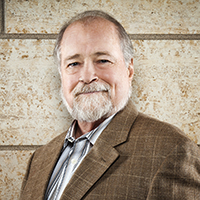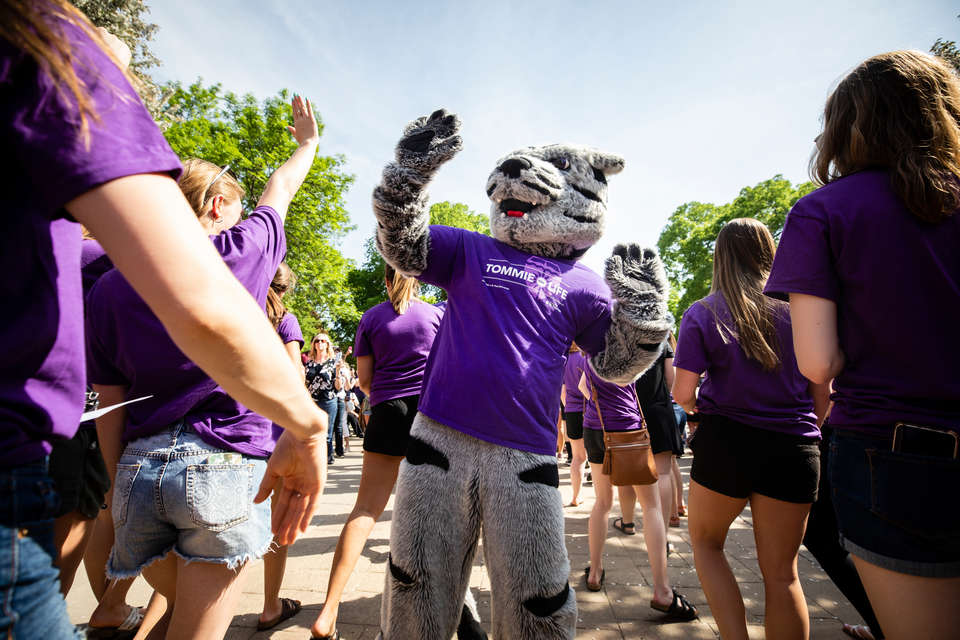The Forum on Workplace Inclusion, held March 17-19 at the Minneapolis Convention Center and the University of St. Thomas Minneapolis campus, had a new presence this year from the College of Education, Leadership and Counseling.
The forum is an annual conference focused on creating diversity in the workplace, hosted in partnership with the Opus College of Business and a wide range of private sector businesses. The forum offers participants three days of collaboratively thinking about work place diversity, networking with other professionals, and shaping the future of the conversation through a symposium, seminars, break-out sessions, workshops and round table discussions.
David Jamieson, Ph.D., professor and department chair for Organization Learning and Development, collaborated with Steve Humerickhouse, executive director of the Multicultural Forum on Workplace Diversity; Amy Batiste, Ed.D.; Tonya Hampton, Ed.D.; and Glenda Eoyang, Ph.D. in developing a new workshop on the intersections among diversity and inclusion, human resources, organizational development, and leadership. The seminar advocated integrating various disciplines to enable greater whole-system change in diversity and inclusion initiatives.
“In a workshop session called ‘Intersections,’ diversity and inclusion leaders brought in their dilemmas from a morning session,” Jamieson said. “The discussion was about how organization development, human resources, and learning and development disciplines could help more. By combining disciplines, we can be more systemic and see more of the barriers to change in the system.”
In another session, Jamieson teamed with Julie O’Mara, one of the Legacy Leader Award winners, to structure a dialogue among OD and D&I professionals using a World Café conversation model. The two wrote Managing Workforce 2000: Gaining the Diversity Advantage together in 1991. The conversations focused on 12 topics related to issues and barriers facing D&I, and then on solutions and strategies for success. Jamieson and O’Mara discussed systemic culture change, the goals of D&I work and the difficulty of having D&I initiatives produce necessary changes.
The overall reaction of participants was “very positive,” Jamieson said. “The table hosts shared and summarized some great ideas for the future work.”
The theme of intersections was present in other aspects of the conference as well, including the Visual Workspace – a hands-on, interactive learning space.
Jamieson said he will very likely collaborate in the forum next year.







